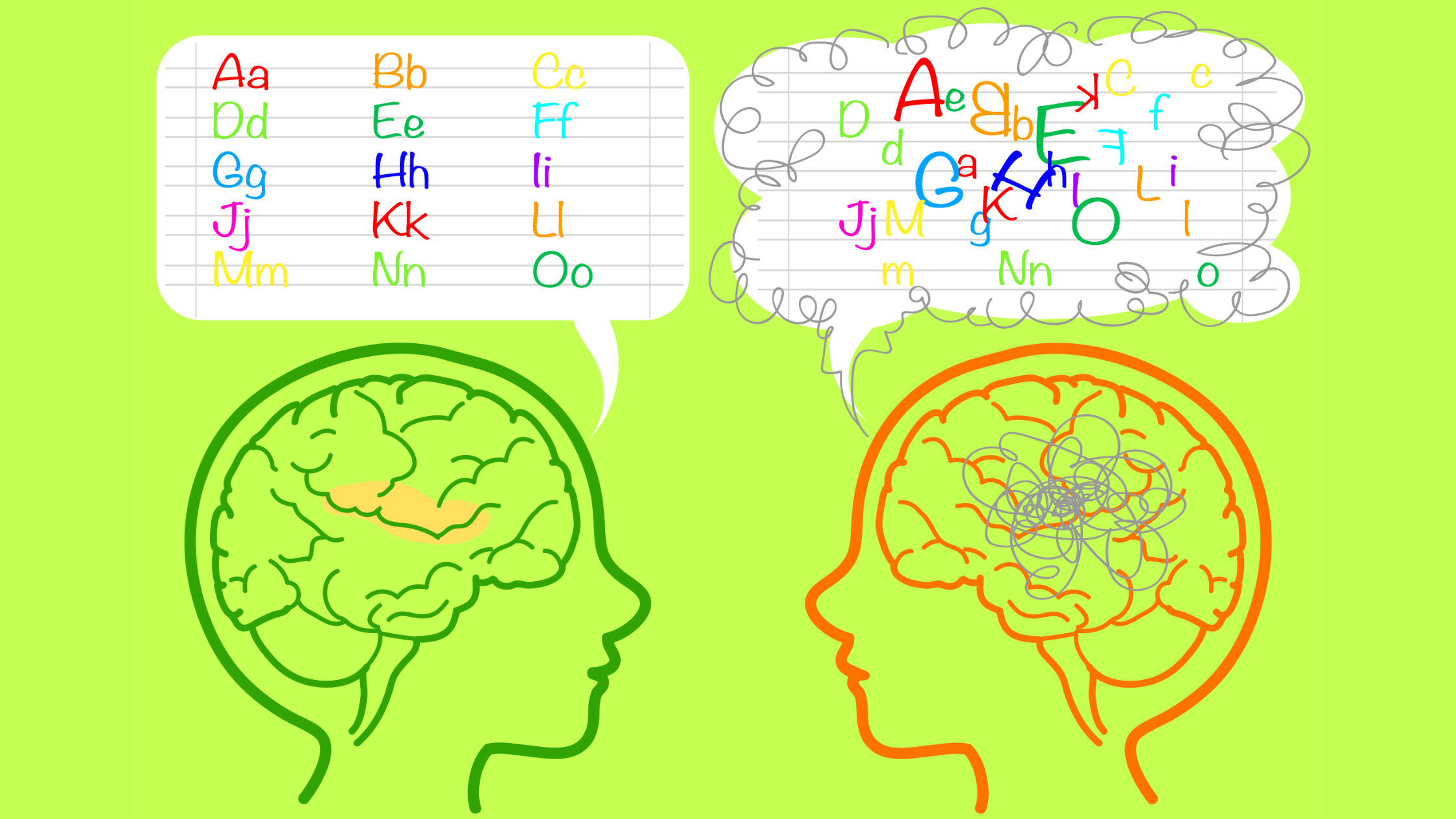Not all of us are born with our brains wired the same way. We all think of things, remember things, and approach problem-solving in our own unique way. This is especially true for those born with learning differences.
While a learning difference does not impact a child’s intelligence, it may affect their comfort level in the classroom, as well as their enthusiasm for learning. A student with dyslexia may be hesitant to pick up the book they’ve been assigned to read or procrastinate their overwhelming math worksheets. A student with ADHD may have trouble working through one assignment at a time, feeling frustrated when they’re trapped at their desk and expected to keep on task with the rest of the class. Regardless, in order to ensure their needs are being met, especially when it comes to their education, each child needs to be assessed professionally in order to tailor the most appropriate approach to teaching them so that they can thrive in and out of the classroom.

The Different Kinds of Learning Differences
There are a number of learning differences that are recognized by the Learning Disabilities Association of America.
Below are some of the most common learning differences found in children today. Please keep in mind this is not an all-encompassing list:
- Dyslexia - difficulty deciphering reading, writing, and comprehension
- Dysgraphia - difficulty translating thoughts into writing or drawing
- Dyscalculia - difficulty with mathematical calculations
- Auditory Processing Disorder - also known as APD, difficulty processing sounds
- Language Processing Disorder - difficulty processing language
- Visual Perceptual/Visual Motor Deficit - difficulty with hand-eye coordination
- ADHD - difficulty concentrating on one task at a time
If you suspect that your child may be showing signs of having a learning difference, please make an appointment with a specialist to have them properly assessed so you know how to help manage their learning.
Supporting children with learning differences
Being a parent of a child with a learning difference may feel overwhelming and it may seem like the odds are stacked against you, but thanks to specialized learning programs and the wealth of resources available to better support you and your child, you don’t have to go it alone. There are many ways in which you can help your child learn in a manner that best suits their processing and comprehension. And the sooner you assess and diagnose their learning difference the sooner you can help them get on the right track and lead a life towards happiness and success. Work with your practitioner to determine the best plan for your child’s particular learning difference and utilize some of the following tips:
- Communicate with your child and ask them if they would like help with daily tasks that may involve academic skills (such as reading)
- Let them know that it is ok to make mistakes or get things wrong, use positive reinforcement to progress their learning
- Allow them to express negative emotions in a safe and healthy way
- Celebrate their differences and remind them every one is unique in their own way and that there is nothing wrong with them
- Praise effort over outcome
- Allow them breaks to relax and then gather themselves before needing to focus again
The Benefit of A Specialized Learning environment
If you suspect that your child or children may be exhibiting symptoms of a learning difference, please seek out a licensed professional to properly test and diagnose them as soon as possible. Students with learning differences may need additional support to help build their confidence as it pertains to their social skills and learning capabilities. Through routine and the right resources, it becomes easier to adapt to some of the obstacles presented by certain learning differences. Once your child has been diagnosed, work with their health care provider and academic institution to create the best possible plan to suit their information processing needs and problem solving style.
Eagle Hill School is proud to offer an individualized education program for students with a variety of learning difficulties. We specialize in helping those who have been diagnosed with ADHD, dysgraphia, dyscalculia, dyslexia, executive-functioning disorder, and auditory processing disorder. Our unique curriculum gives students the confidence to accept who they are and approach learning in a way that makes sense for them and gives them the chance to succeed and be happy.
Our team at Eagle Hill is well versed in a variety of learning difficulties and are here to help answer any questions you or your child may have about our program.
ABOUT EAGLE HILL SCHOOL
Eagle Hill School is a private school for students with learning differences located in Greenwich, Connecticut. Their academic program is designed to help students struggling with auditory processing disorder, and other differences such as dyscalculia, dyslexia, ADHD, executive functioning disorder, and dysgraphia. Specialized remedial learning programs are taught by experienced teachers who help students navigate through learning challenges, preparing them for bright futures ahead.
Other blogs you may be interested in:
How Children with Learning Differences Can Benefit from Artistic Expression
Choosing the Best School for Children with ADHD: 5 Factors to Consider


.png?width=2240&name=ehs-email%20imgs%201_20(2).png)
